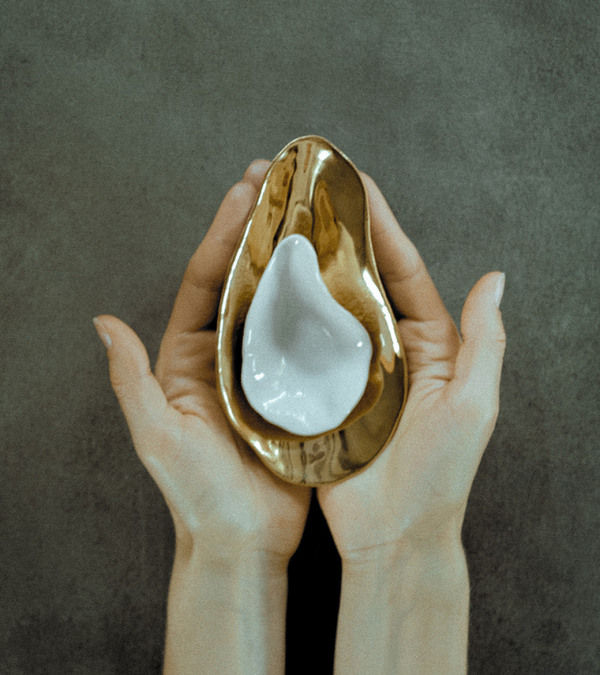The real work of it all comes in questioning and exploring what you are experiencing. There is an art to being open and relaxed while being investigative. Just try to work through the questioning in an open and relaxed way. To fully explore a scent you will ask yourself a series of questions in three layers, scent, association & emotion.
Once you have taken a few sniffs to get a general sense of what you are smelling you can begin to work through these questions. First you will evaluate the associations of the scent. I usually frame my questions around some of the other senses as described earlier, below are just a few to prime you but anything you notice is useful.
Does this scent have a distinct texture? (scents can have a variety of textures, This is one of the easiest ways of differentiating from other smells) Scratchy? Dusty? Smooth? Powdery?
- Does it feel warm or cool?
- Does it seem light or dark?
- Wet or dry?
- Is this sweet/ sour?
- Is it dense, or airy?
How powerful is the aroma? Does the scent really hit you or do you have to really try to notice it?
Once you have pinpointed the general qualities, start to try making associations with other things in the world. This can be hard at first, it's a bit like a Rorschach test in that it requires a loose mind to freely associate with things other than the item you are smelling (saying it smells like a rose isn’t very useful) “does it have citrus elements?” “ Does it remind you of any other fruits? Florals? Does it remind you of places? Either general or specific?
Finally emotionally I try to think of more specific emotions or memories it may bring up, thoughts of people or places or times in my life. All of these answers will be quite specific to you and we all create different associations but as James Joyce said “in the particular is contained the universal.” We all experience the world differently but our unique experiences are relatable and important.







